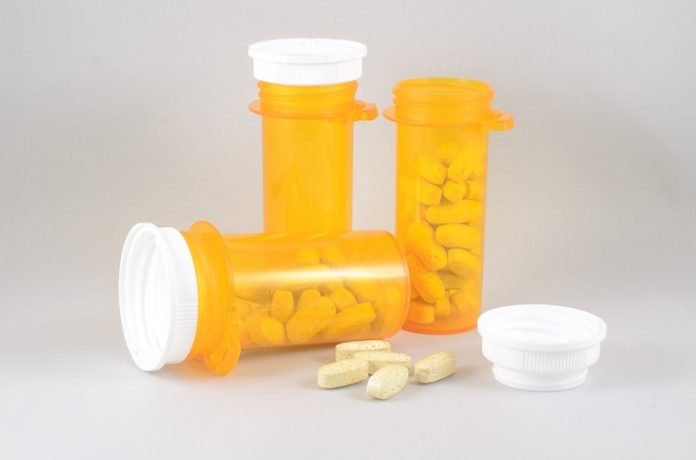
In a new study, researchers found in patients seen for heartburn unresponsive to treatment with Proton Pump Inhibitors (PPIs), very few have truly PPI-refractory and reflux-related heartburn.
In other words, most patients with heartburn unrelieved by PPIs did not have gastroesophageal reflux disease (GERD) causing the symptom.
Furthermore, in people with reflux-related, PPI-refractory heartburn, a surgery that corrects reflux was much better (67% success rate) than continued medical therapy (28% success rate).
The research was conducted by a team from the Baylor University Medical Center and elsewhere.
One in five adults in the U.S. has GERD, with the annual costs for managing the disease estimated to exceed $12 billion.
Patients with heartburn, the cardinal symptom of GERD, report reduced work productivity and significant impairments in health-related quality of life.
PPIs are drugs that stop acid production in the stomach and are generally considered the best medical treatment for GERD.
However, 30-40% of people with symptoms assumed to be due to GERD still complain of heartburn and other GERD symptoms while taking PPIs, and little high-quality information has been available on why these symptoms persist despite treatment.
In the study, the team examined 366 patients to determine what was causing their heartburn, why they were still experiencing symptoms despite using PPIs, and what the best treatment option was for PPI-refractory heartburn.
They found among the 366 patients screened, only 78 could be positively identified as having heartburn that was GERD-related.
Those patients underwent an anti-reflux surgical treatment that turned out to be much more effective than PPIs in treating their heartburn.
In addition, a majority of people who complain of persistent heartburn despite using PPIs actually do not have GERD causing their heartburn, but instead have a variety of other disorders that create a burning sensation in the chest indistinguishable from GERD-induced heartburn.
The team says many people assume that if you have heartburn that means you have GERD, but that is just not true.
Physicians considering recommending an operation to treat GERD should be sure that their patients really have GERD causing their heartburn, and that heartburn isn’t being caused by something completely different.
Being sure requires a systematic evaluation with tests that include endoscopy, esophageal manometry (which tests for esophageal muscle disorders that can cause the sensation of heartburn), and esophageal impedance-pH monitoring (which detects episodes of reflux and their association with symptoms).
These tests are necessary before resorting to surgery because if the heartburn isn’t caused by GERD, then the surgery won’t help and can only make things worse.
One author of the study is Stuart Spechler, MD, Chief of Gastroenterolog.
The study is published in The New England Journal of Medicine.
Copyright © 2019 Knowridge Science Report. All rights reserved.



